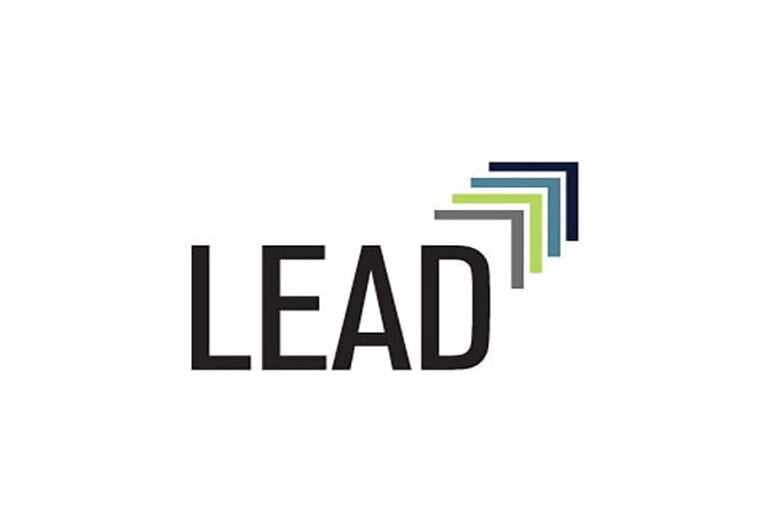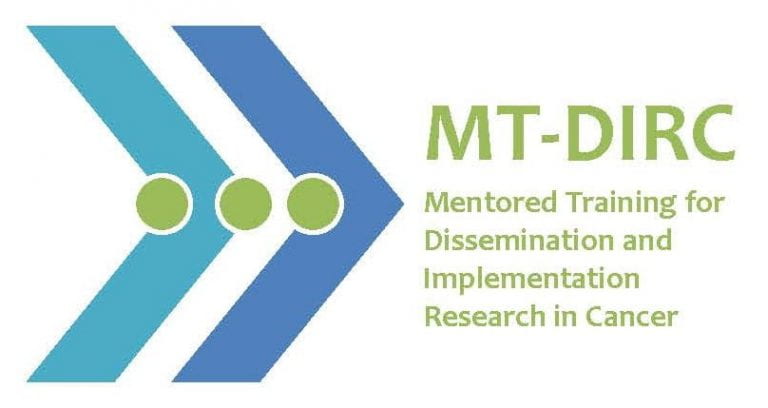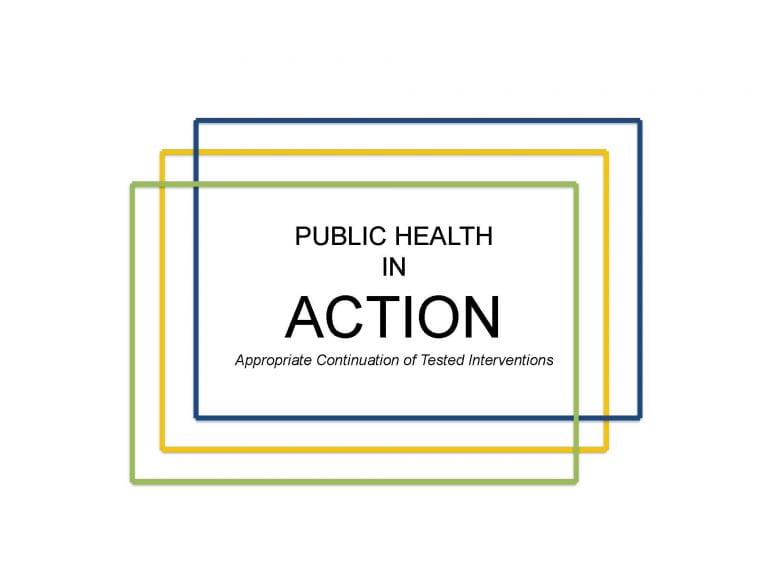Dissemination and Implementation
AHD Partnerships Study
The purpose of the AHD partnerships study is to understand how to leverage structures and processes of AHD partnerships to facilitate implementation of cancer related evidence-based programs and policies.

AIM-Local Health
The purpose is to increase the use of proven strategies among local health departments (LHDs) to improve community health and reduce the burden of chronic diseases.

Cancer Control Dissemination among State Level Policymakers: 2007-2013
This project sought to reduce the burden of cancer by increasing adoption of state-of-the-art, evidence-based interventions to control cancer among policymakers.

Cross-Country Comparison of Evidence-Based Prev. of Cancer: 2014-2016
Cancer and other chronic diseases (e.g., heart disease, stroke) account for the majority of premature death, reductions in quality of life, and economic costs. The burden due to these diseases is preventable through the application of the practice of evidence-based cancer prevention (EBCP).

LEAD 2: Scaling-Up Capacity for Evidence-Based Public Health: 2014-2017
The LEAD-Public Health Project (Local Evidence for Affecting Decisions about Public Health) and LEAD 2 Scale-Up Project (Scaling-Up Capacity for Evidence-Based Public Health) examine the use of, barriers to, and methods for enhancing Evidence Based Programs and Policies (EBPP) in local health departments.

MT-DIRC: 2013-2018
Mentored Training for Dissemination and Implementation Research in Cancer (MT-DIRC) is a training program for cancer control researchers who are seeking to gain better training in the field of dissemination and implementations science research.

Plans, Actions, and Capacity to Sustain Tobacco Control (PACT)
The purpose of our study is to increase the capacity for sustainability among evidence-based tobacco control (TC) programs. Sustainability is an important next step in dissemination and implementation research. In order for a population to obtain the benefits of an implemented evidence-based intervention, it must be sustained over time. Sustaining evidence-based TC programs will improve quality of life and reduce the massive healthcare costs incurred by tobacco-related illness.

PRC Core Research Project
The purpose is to develop and disseminate approaches that will increase the use of proven policies at the local-level to reduce obesity disparities and promote health equity.

Public Health in ACTION
The purpose of Public Health in ACTION (Appropriate Continuation of Tested Interventions) is to identity the extent to which cancer control mis-implementation occurs within health departments at the state level. Misimplementation refers to ending effective programs and policies or continuing ineffective ones. Greater attention to mis-implementation should lead to use of effective interventions and more efficient expenditure of resources, which in the long term, will lead to positive cancer outcomes.

STRIDE: 2012-2018
The purpose of Project STRIDE (STRategies In Disseminating Evidence for Chronic Disease Prevention) is to learn how best to support state health departments in building capacity for and use of evidence-based decision making in population-based prevention of cancer and other chronic diseases.

Training Practitioners to Control Obesity and Cancer: 2006-2013
Chronic diseases such as cancer are leading causes of death and disability in the United States. Control of cancer and its risk factors, including obesity, plays an increasingly prominent role in day-to-day public health practice. There is a growing need for practitioners who have adequate knowledge and skills for evidence-based cancer control. We undertook this project in order to bridge the widening gap between the skills needed to control cancer and obesity, and the actual skill level of the public health workforce.